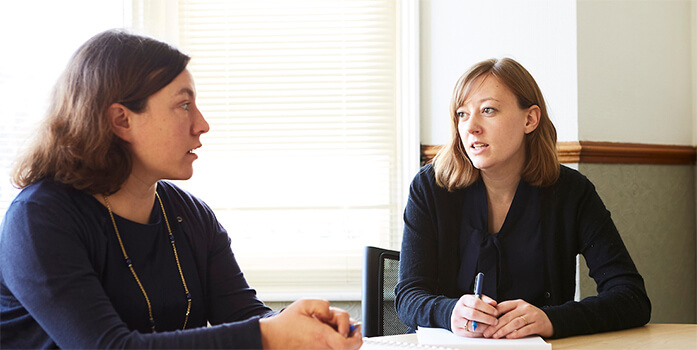Why Solicitors Should Commission an Education and Community Care Expert Report Before Settling a Severely Disabled Child’s Claim
Personal Injury (PI) settlements for young people under 25, who are likely to require special educational provision, should include an Educational Indemnity in the final settlement Order. This ensures that costly litigation to secure educational support is indemnified, and where adequate provision cannot be secured through a Tribunal appeal, this support will be funded by the person or body responsible for the child’s injuries.
Young people with complex Special Educational Needs often need to stay in education for a longer period to be able to consolidate their learning and prepare for adulthood. This is recognised by the Children and Families Act 2014, which provides for Education Health Care Plans to be maintained up to age 25.
Our Community Care and Education Law team prepare expert reports for Personal Injury lawyers to advise on the likely amount of public funding the child will receive for education, health and social care provision. Our reports support settlement negotiations on the additional costs that should be claimed on the child’s behalf.
A child who has suffered a brain injury at birth may have lifelong developmental delay and complex and interrelated educational, health and social care needs. For children with severe and complex disabilities, it is unlikely that their needs can be met in a mainstream school. They may require a specialist placement capable of providing integrated therapies. Local Authority maintained special schools are often not sufficiently specialised to meet such complex needs. A more suitable option may be an independent special school placement, which Local Authorities are usually reluctant to fund.
In some circumstances, the child may not be medically well enough to attend school at all, and may require a home education programme. Families often face obstacles in obtaining state funding for home education, as the Local Authority can argue that the parent is ‘choosing’ to home educate, and that this is not an assessed need.
The reality is that parents often have to pursue the Local Authority through the Special Educational Needs and Disability (SEND) Tribunal in order to secure independent special school placements and/or therapies and equipment which meet their child’s SEN. This is a costly process involving not only solicitors’ and barristers’ fees, but expensive independent expert fees, such as Educational Psychologists, Physiotherapists, Speech and Language Therapists. Parents rarely recover their costs even if successful at their Tribunal appeal.
It is not uncommon for some families to face more than one Tribunal appeal in their child’s educational career. The transition stages from primary to secondary, secondary to post-16, and post-19, can often trigger Local Authority attempts to impose alternative cheaper placements, or less adequate packages of support.
Unfortunately, securing ongoing educational provision, particularly for young people between age 19 and 25, is an uphill struggle. It is therefore essential that their lawyers consider an Educational Indemnity in both the claim and in any settlement.
Our Community Care Law team work in partnership with Personal Injury litigators across England to ensure that their clients have the necessary financial resources to fight for educational provision that meets their complex needs.
This means that children and young people are not drawing down on parts of their settlement awards which are intended to cover future care costs, in order to fund SEND appeals or to pay expensive independent school fees.
To learn more about our services for lawyers please see here and refer to our brochure Martin Searle Solicitors’ Community Care & Education Law Services for Professional Deputies & Attorneys or contact our Community Care Law team on 01273 609911, or email info@ms-solicitors.co.uk.



